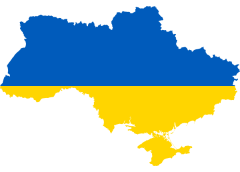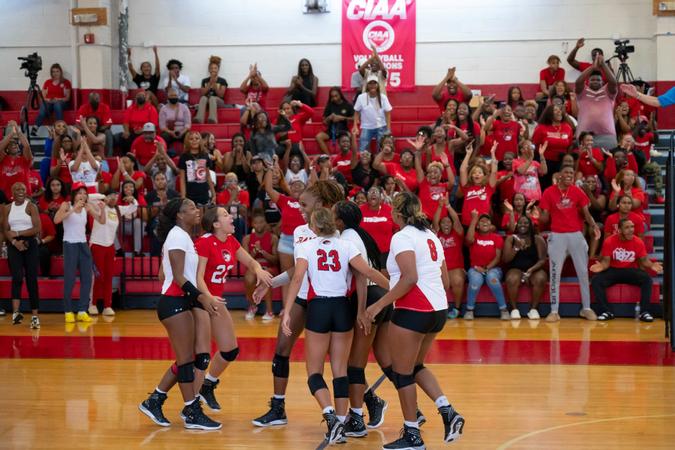
Four Nations Impose Travel Restrictions On Russian Citizens As The Issue Divides Europe – The Organization for World Peace
[ad_1]
Four European countries bordering Russia have recently released a joint statement on new restrictions against Russian travellers. Estonia, Latvia, Lithuania, and Poland all cite the threat to national security created by allowing Russian tourists into European borders, as well as the moral responsibility of letting Russian holidaymakers access Europe during their state’s brutal invasion of Ukraine. This move, which is the first of its kind ever imposed in the European Union, comes after the EU announced it would create more obstacles and difficulties for Russians who are wishing to obtain EU visas. It forms the basis of a wider argument dividing Europe on the issue of Russian citizens being allowed to partake in everyday life while their army wreaks a hellish war on the people of Ukraine.
According to Frontex, over one million Russian citizens have crossed the border since the outbreak of the war in February. Many of these incidences have taken place through the land borders in Estonia and Finland, where Russians can catch flights further south to holiday destinations. This has been relatively easy for them to do with Schengen visas. Once through the Finnish or Estonian border, tourists can then travel freely between the 26 countries that make up the Schengen zone. Latvia’s Minister of Foreign Affairs stated that the number of Russian citizens using this path has “increased dramatically,” and that the problem is becoming a “public security issue.” Russia’s other neighbours have share this concern – Estonia halted the issuing of Russian tourist visas in August, and Finland has cut the number of visas it issues to Russians by 90 percent. The motivations for such actions are clear-cut. Estonia’s Prime Minister outlined this in a recent statement to Time Magazine – “What do the chemical attack in Salisbury in 2018, the Czech arms depot explosion in 2014 and the killing of a Chechen dissident in Germany in 2019 have in common? Russian agents using European tourist visas.”
Others have offered that a Russian travel ban is not beneficial, arguing that travel could broaden the views of Russians and offer them a brief democratic respite from Russia’s authoritarian regime. A survey conducted by the Carnegie Endowment for International Peace found that young people were the most likely to speak up against the war – and a view of life in Europe might sway them from the Kremlin doctrine of an energy-starved, Russia-hating, EU. Additionally, critics argue that a ban would only feed into the persecution that Russians believe they face from the West, providing Putin with more evidence for his “Russia-phobic Europe” propaganda. Countries such as Cyprus, which receives a quarter of its total visitors from Russia, have opposed the ban. Spain and Portugal also disagreed, stating the toll on ordinary Russians are opposed to Putin and his “war machine.”
The impact of this ban on most Russian citizens will not be severe. Approximately 30 percent of Russians hold an international passport, and in 2018, only one in ten Russians travelled abroad. Although a ban might further serve to push Russians away from European values, it will provide Ukraine with the moral support it badly needs as the invasion continues. President Zelensky has long called for a tourist ban. These restrictions act as another kind of sanction against the Russian Federation, and is one of the most effective non-combative means that Europe has to show support for Ukraine and disdain for Russia.
The war will not be won or lost on the axis of tourist visa restrictions. Rather, this debate has evolved into a question of Russia’s collective responsibility for the war. To what extent can we justify pushing sanctions, restrictions, and punishments onto the people of Russia for the war-crimes that are being committed in Ukraine? Are we projecting our own hopes of a resistive, silent majority onto Russian citizens? Will all-inclusive holidays to the Mediterranean really sway Russia back into a European ideology? Are we asking too much of the millions of Russian citizens, to rebel against an authoritarian regime that punishes insubordination with violence, imprisonment, or death? Is this Putin’s war, or Russia’s? These are the questions that Europe must answer, as the atrocities in the East continue and the dark winter lies ahead.
[ad_2]
Source link


